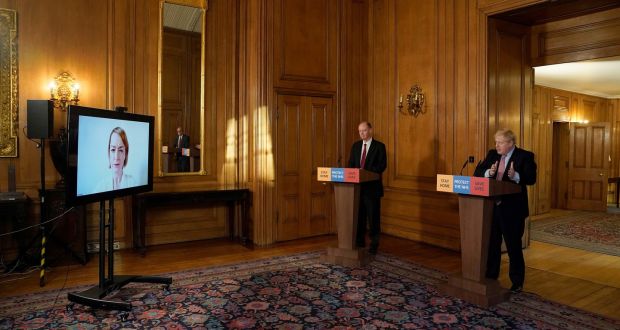‘The BBC is a journalistic organisation that lives or dies on its relationship of trust with its audience. It is the most precious thing we have.’
Helen Boaden, Director, BBC News

In an age of scepticism about bankers, politicians and journalists, trust remains the BBC’s core value, according to Matthew Eltringham editor of the BBC College of Journalism website speaking in a talk to Polis Summer School students. But how do you keep it?
Polis Summer School student Adam Kirk-Smith reports.
Eltringham gave an informative and thought-provoking lecture, exploring the conceptual issue of what journalism is today. This was examined through the context of the BBC’s work, against a background of his own experience and a case study of the blunders of Fox and CNN covering the major healthcare ruling in the US.
We were challenged to explore our own ideas about journalism and the BBC particularly those of truth, accuracy and trust. The last of these is the most important according to the director of BBC news, Helen Boaden [who is speaking tonight, July 3rd at LSE].
Eltringham made clear that trust cannot be gained without the consistent application of integrity to every aspect of news gathering and dissemination.
Coming from an anthropological background, my own understanding of this is of trust as a commodity, that is perhaps approached and utilised in different ways according to the individual, or group, that is afforded it. Whether this trust is a means to an end (financial gain, prestige or a wider readership) or simply an end in itself (for its moral significance) is critical.
These kinds of philosophical debates are embedded in approaches to journalism, as both a theoretical and practical enterprise. Matthew Eltringham impressed the importance of this understanding through examples of legal process, with the tabloid fiasco surrounding Max Mosely’s activities, and instances of more public concern, with the use of images from social networking sites depicting victims of fatal events.
According to Eltringham it is the five core values that permeate the BBC that form the basis for trust:
Truth and Accuracy, Public Interest, Accountability, Independence and Impartiality
When a news organisation gets one of these wrong it risks losing trust. In their haste to be first Fox and CNN’s gave a premature and incorrect reaction to the latest news from the Supreme Court’s historic healthcare ruling. Many journalists within those organisations (privately) expressed their fear that by so doing they had lost some trust.
On a simple level, it was perhaps the result of reporters unused to dealing with such complex and nuanced Supreme Court rulings jumping on a single piece of information and making inferences from it. The root cause of the problem was the idea of having the story first, in a competitive and content-driven news industry.
So money matters, and despite recent cutbacks the BBC still has the security of large and secure income thanks to the licence fee settlement. With the nature of the BBC’s work as an organisation that does not compete with its direct rivals for revenue, as contrasted with its counterparts in the US, are these values, in practice, something that the BBC can afford the luxury of having – or does this luxury stem from stringent adherence to these values over time?
The report was by Polis Summer School student Adam Kirk-Smith



